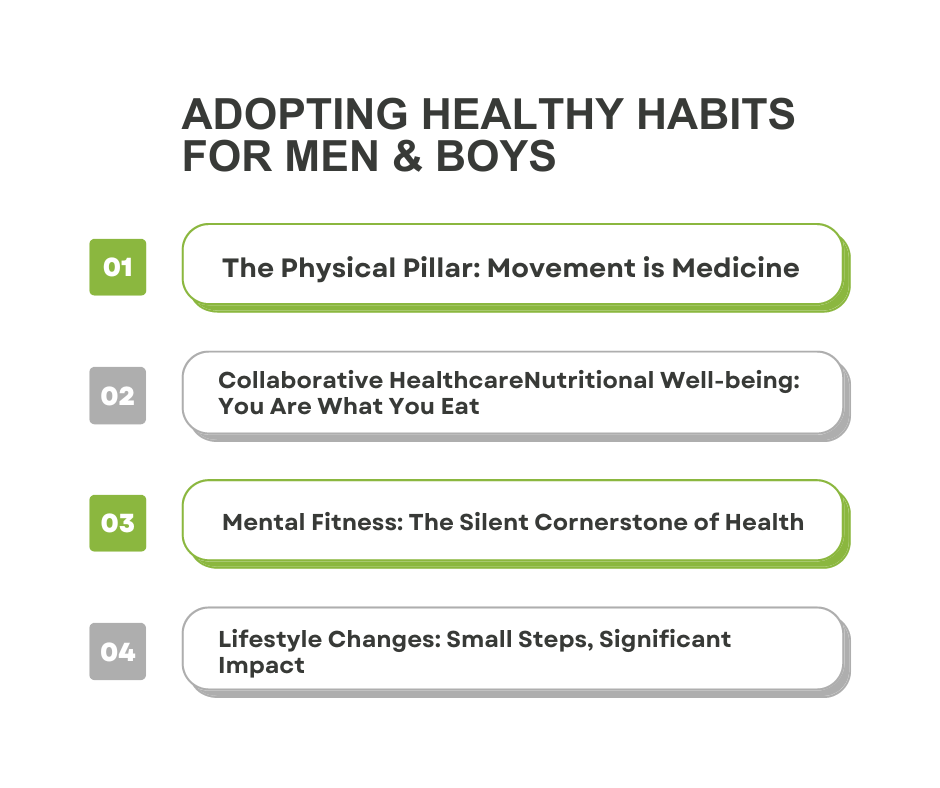
How to Sleep Better: A Guide to Healthier Sleep Habits
- 0
Quality sleep is essential for overall health and well-being. It plays a crucial role in maintaining a healthy immune system, regulating mood and emotions, and improving cognitive function. Poor sleep habits can lead to a range of health issues, including obesity, heart disease, and diabetes. By adopting healthier sleep habits, you can improve the quality of your sleep and enhance your overall quality of life.
Establishing a Bedtime Routine
One of the key ways to improve your sleep is to establish a consistent bedtime routine. Going to bed at the same time each night and waking up at the same time each morning helps regulate your body’s internal clock, making it easier to fall asleep and wake up feeling refreshed. Your bedtime routine should include calming activities such as reading, meditating, or taking a warm bath to signal to your body that it’s time to wind down.
Create a Sleep-Friendly Environment
Your sleep environment plays a significant role in the quality of your rest. Make sure your bedroom is cool, dark, and quiet to promote optimal sleep conditions. Invest in a comfortable mattress and pillows that support your body and promote proper alignment. Consider using a white noise machine or earplugs if noise is a concern. Limit the use of electronic devices in the bedroom, as the blue light emitted can disrupt your body’s natural sleep-wake cycle.
Limit Caffeine and Alcohol Intake
Both caffeine and alcohol can interfere with your sleep patterns. Caffeine is a stimulant that can keep you awake and disrupt your natural sleep cycle if consumed too close to bedtime. Alcohol, while initially sedating, can lead to disrupted sleep and frequent awakenings throughout the night. Limiting your intake of these substances, particularly in the hours leading up to bedtime, can help improve the quality of your sleep.
Exercise Regularly
Regular physical activity has been shown to improve the quality of sleep. Engaging in moderate aerobic exercise, such as walking, swimming, or cycling, can help you fall asleep faster and enjoy deeper, more restful sleep. Aim to exercise at least 30 minutes a day, but avoid vigorous activity close to bedtime, as it may have the opposite effect and interfere with your ability to fall asleep.
Manage Stress and Anxiety
Stress and anxiety are common culprits of poor sleep. Practice relaxation techniques, such as deep breathing, meditation, or yoga, to help calm your mind and body before bedtime. Consider talking to a therapist or counselor if stress or anxiety is interfering with your ability to sleep. Establishing healthy coping mechanisms for stress can significantly improve the quality of your sleep.
Consult a Healthcare Professional
If you continue to struggle with sleep despite adopting healthier sleep habits, it may be time to consult a healthcare professional. A sleep specialist can help identify underlying sleep disorders, such as insomnia or sleep apnea, and develop a treatment plan to improve your sleep quality. Remember that quality sleep is essential for your overall health and well-being, and seeking professional help is a proactive step towards better sleep.
By following these tips and making small changes to your daily routine, you can improve the quality of your sleep and enjoy the many health benefits that come with a good night’s rest. Prioritize your sleep health and make it a priority in your life to reap the rewards of a healthier, more energized you.

